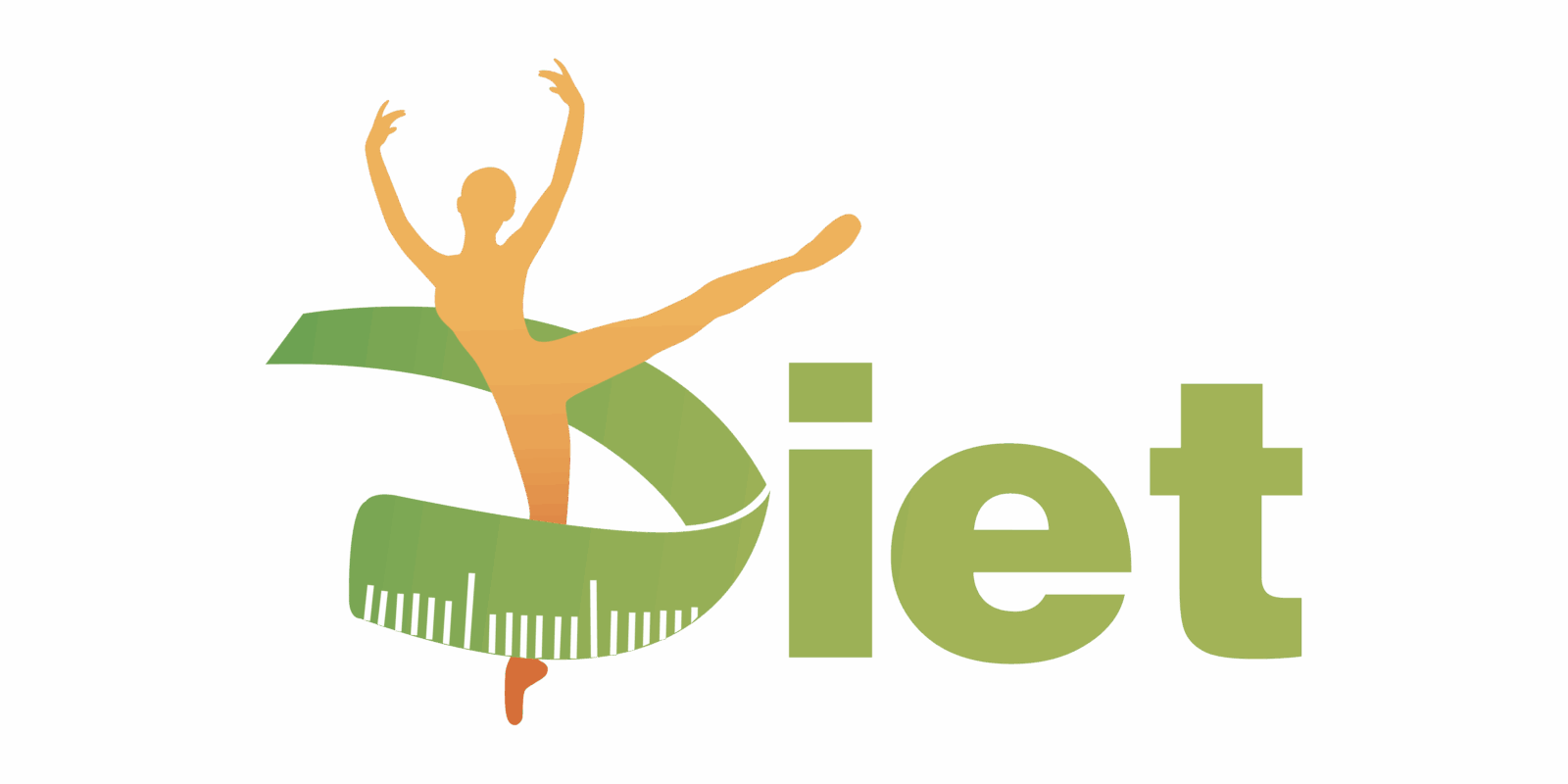The Role of a Health Coach: More Than Just a Cheerleader
A true health coach is far more than someone who offers encouragement. While motivation is a tool, the real value of coaching lies in strategic support and personalized systems built for long-term success.
A Strategy Partner in Your Health Journey
Your coach is there to walk alongside you—not lead your journey, but help you navigate it with clarity and focus.
- Offers perspective when you hit obstacles
- Helps you set goals that are both realistic and ambitious
- Holds you accountable with structure, not just pep talks
Making Sense of the Data
Whether it’s lab reports, functional testing, or food logs, data is only useful when turned into actions. A coach helps translate complex insights into clear next steps.
- Reviews lab results and explains what they mean
- Connects patterns in your lifestyle and diet to health outcomes
- Works with you to tailor meal plans that match your unique needs
Building Systems That Stick
Habits matter, but systems sustain results. A coach focuses on helping you establish repeatable, flexible routines suited to your life, not someone else’s ideal.
- Helps you identify what works (and what doesn’t) in your daily flow
- Designs frameworks around your energy, schedule, and preferences
- Focuses on sustainability so changes last beyond the program
The result? You work smarter, feel supported, and make meaningful progress—on your terms.
From Audience to Community
Why Real Connections Matter
In a digital world filled with anonymous likes and fleeting views, having someone real to check in with can completely change a creator’s experience. Whether it’s a trusted fellow vlogger, a supportive viewer, or a small creator circle, consistent human connection brings clarity and grounded perspective.
- Encouragement feels more tangible when it comes from a known source
- Honest feedback helps creators navigate doubt and decision-making
- Longevity is easier when you’re not creating in isolation
Feedback Fuels Momentum
Posting alone can wear you down. Getting regular feedback—whether through comments, DMs, or private group chats—helps creators stay motivated and on track.
- Viewers’ responses point to what’s working (and what’s not)
- Constructive suggestions help refine both voice and visuals
- Supportive feedback loops increase creative confidence
Accountability Builds Discipline
Creativity doesn’t thrive on pressure—but it does benefit from accountability. That doesn’t mean rigid schedules or burnout-inducing hustle. It means structure with flexibility, backed by a sense of shared purpose.
- Regular check-ins promote consistent output without draining energy
- Knowing someone’s expecting your next upload adds natural motivation
- A creator system of support works better than working alone
Building a real community isn’t just good for growth. It’s essential for sustainability.
The Psychology Behind Dropping Goals
Everyone starts with energy. The first steps toward a goal often feel easy. It’s later—when the novelty wears off—that things fall apart. People tend to blame a lack of willpower, but that’s too simple. Most of the time, it’s not laziness. It’s friction.
We forget that goals don’t exist in vacuum. Life gets loud. Stress stacks. Routines break. And the brain? It wants comfort and certainty. Goals introduce the opposite: work, risk, change. Without a system to manage the tension, the path of least resistance wins. Again and again.
Discipline isn’t a character trait—it’s an environment. The best creators and high-performers aren’t more motivated. They’ve just built better traps for distraction. Fewer choices. Clearer routines. Smaller, repeatable wins.
Watch out for the usual suspects: burnout disguised as laziness, perfectionism that kills momentum, or vague goals that offer no feedback. These roadblocks rarely announce themselves. They sneak up with excuses that sound reasonable—until you’re three months deep in “I’ll start next week.”
Forget cookie-cutter diets. The best coaches in 2024 don’t hand you a rigid plan and call it a day. Instead, they build your strategy around the reality of your life—your energy levels, your job stress, your travel calendar, even how much sleep you’re getting.
Think of it less like a strict blueprint and more like a living, breathing roadmap. One that shifts if your schedule goes sideways or your motivation dips. Progress still matters, but how it’s tracked is smarter now—less about raw numbers, more about momentum and sustainability.
It’s about making things work, not making you feel like you’re failing. The plan fits your lifestyle, not the other way around.
Trying to hit macro goals can get overwhelming fast. You’ve got protein numbers, carb limits, fat allowances, and then there’s your metabolic rate—which, let’s face it, rarely matches what your fitness tracker tells you. Add in a real-life schedule, cravings, and those random work dinners, and suddenly the math doesn’t seem to matter.
This is where experienced coaches step in. They take the complexity—basal metabolic rate, activity levels, food choices—and translate it into bite-sized daily goals. Instead of obsessing over every meal, you focus on a handful of consistent habits. Maybe it’s balancing your breakfast better. Or pre-logging your go-to snacks. Small changes, stacked over time, build momentum and results.
The goal with macros isn’t perfection. It’s awareness. And with the right guidance, it’s possible to align nutrition goals with how you actually live.
Need a little extra help? Check out this resource for Dietitian-approved tips for managing your macros.
Setbacks Don’t Mean Starting Over
Injury, burnout, time off—life happens. The smartest creators don’t treat breaks like failures. They treat them as resets.
Great coaches and support systems are helping creators stay in the game without having to start from scratch every time. Whether it’s rehabbing from injury or coming back from a mental health break, the focus isn’t on speed—it’s on sustainability.
Consistency matters, but that doesn’t mean being rigid. One missed upload won’t tank your channel if you’ve built real connection and trust with your audience. You adjust, communicate, and move forward. The algorithm might ding you short-term, but your long-term audience won’t if you’re real about it.
The mindset has shifted from sprints to a marathon. Creators investing in their health and systems now are set up to play the long game—and actually enjoy it.
You set the goal. Your coach builds the map. That’s the difference between guessing your next move and knowing what actually works. The best coaches don’t hand you a one-size-fits-all routine. They look at where you are, where you want to go, and then draw a clean line between the two.
Real change isn’t about doing more. It’s about doing smarter. Most people hit burnout trying to stack more content, more edits, more trends. But smart creators work with coaches to streamline their energy—cut the fluff, double down on what moves the needle.
A good coach isn’t just pushing for results. They’re building a system that lets you keep them. Whether it’s your workflow, your mindset, your strategy—coaches help lock in the habits and structure that let you scale without breaking. That’s not just progress. That’s progress that sticks.

